Record revealed
A letter by the women workers at Fords of Dagenham
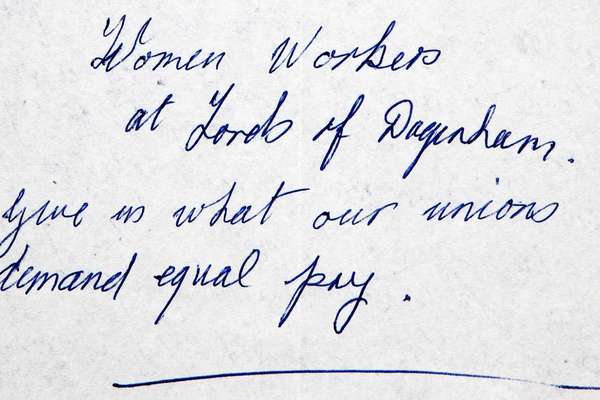
A handwritten letter written by sewing machinists working at Dagenham car plant who famously went on strike for equal wages in the late 1960s.
Records since 1945 trace Britain’s movement towards the country we know today. We see the efforts of the state to improve public health and to prepare for the possibility of nuclear war, alongside how various communities and groups protested for their rights.
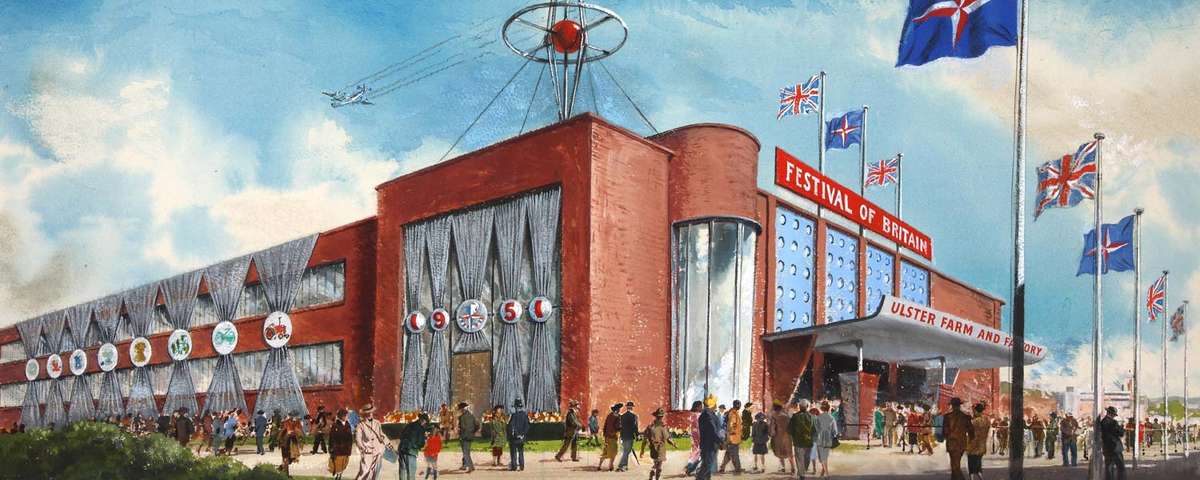
Record revealed

A handwritten letter written by sewing machinists working at Dagenham car plant who famously went on strike for equal wages in the late 1960s.
The story of
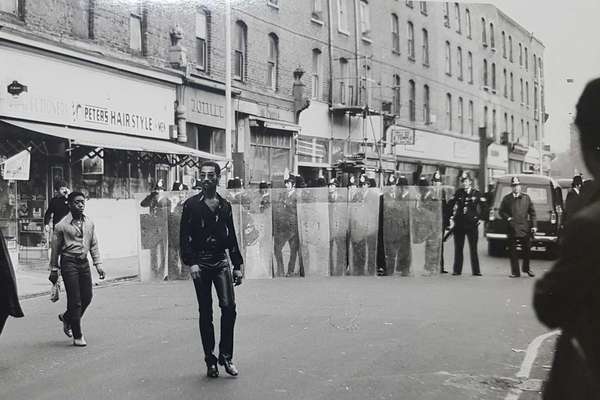
Over three days in April 1981, violence broke out in Brixton, London between young people and the Metropolitan Police. What did the inquiry about it find out?
The story of
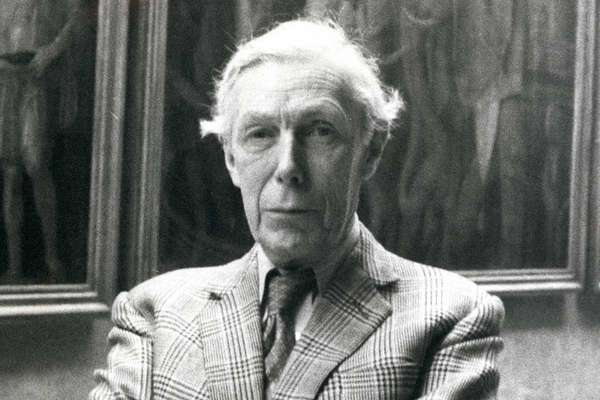
Security Service files paint a vivid picture of what happened when Anthony Blunt – then employed in the royal household – admitted spying for the Soviet Union.
Focus on
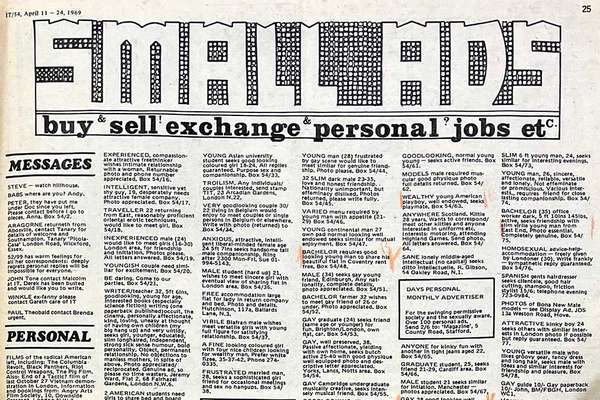
Records in our collection show how same-sex personal adverts published in the 1960s become part of a high-profile legal battle.
The story of
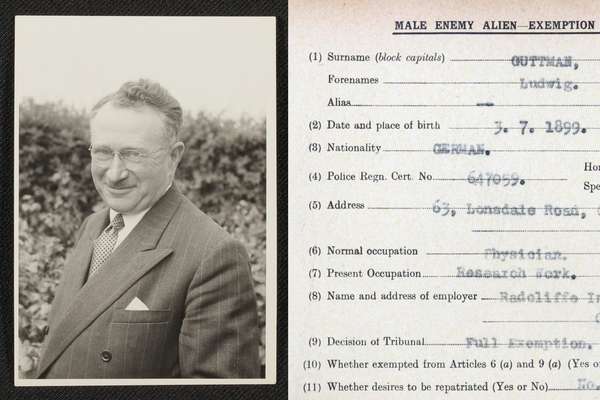
In the summer of 1948, neurologist Ludwig Guttmann set up a sporting competition between patients. It was the birth of the Paralympic Games.
Focus on
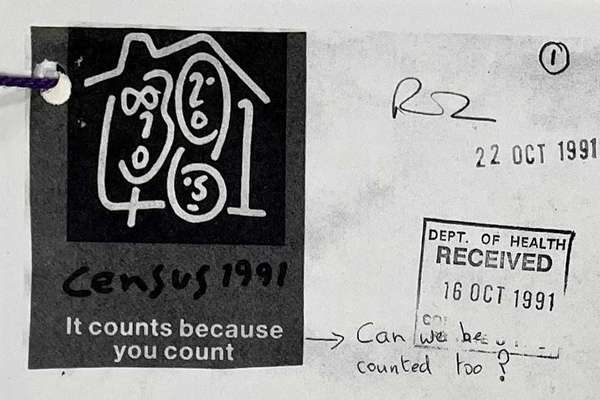
Until 2021, the census did not ask for information about sexuality. One letter in our collection gives a personal perspective on why this data was needed.
Focus on
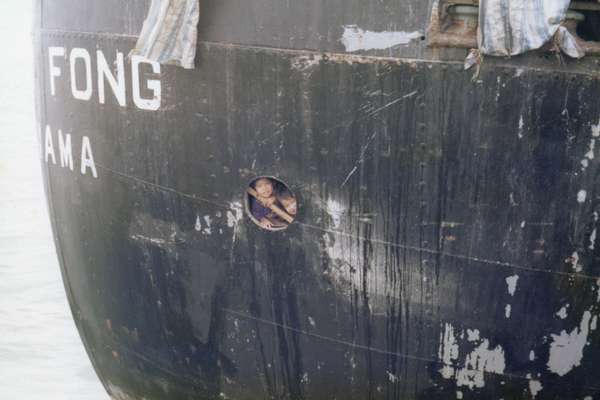
In December 1978, Vietnamese refugees seeking asylum aboard the Huey Fong were refused entry to Hong Kong. Records we hold document the 34-day standoff.
Record revealed
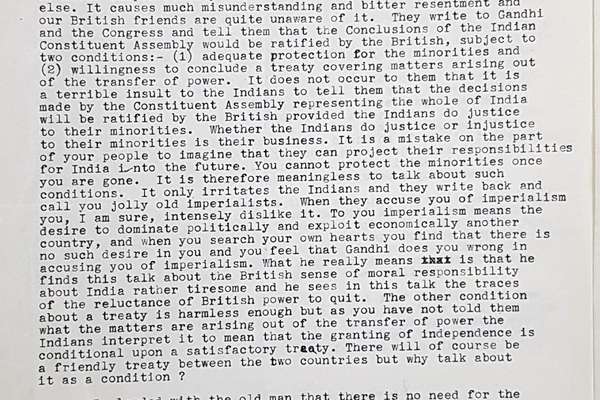
This letter is an example of those in our collection detailing Indian and Pakistani Independence, but from a lesser-known voice, Sudhir Ghosh.
Focus on
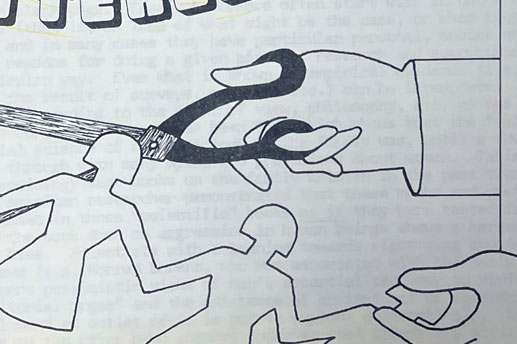
The founding years of Chiswick Women’s Aid saw the opening of the world's first women's refuge, disputes with local government, and creating change in the UK.
Focus on
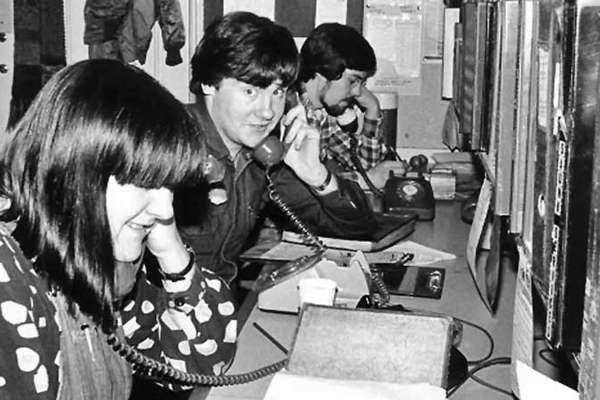
LGBT+ Switchboard is one of the oldest telephone helplines supporting queer communities in the UK. Its journey to register as a charity was not easy.
Focus on
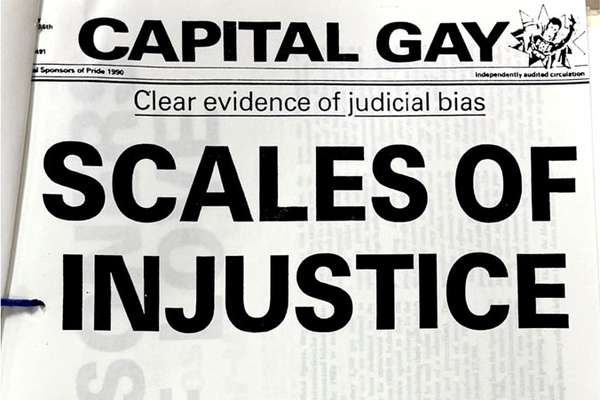
What was the everyday reality for LGBTQ+ people in the 80s and 90s living under the infamous Section 28, and how was it eventually repealed?
Record revealed
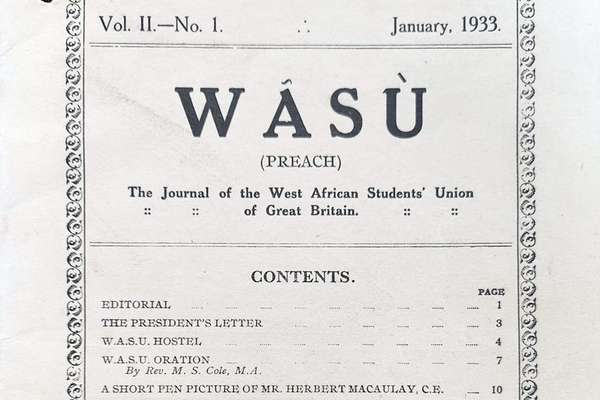
WÃSÙ was the journal produced by the West African Students’ Union (WASU) and distributed across Europe and Africa from 1926.
Focus on
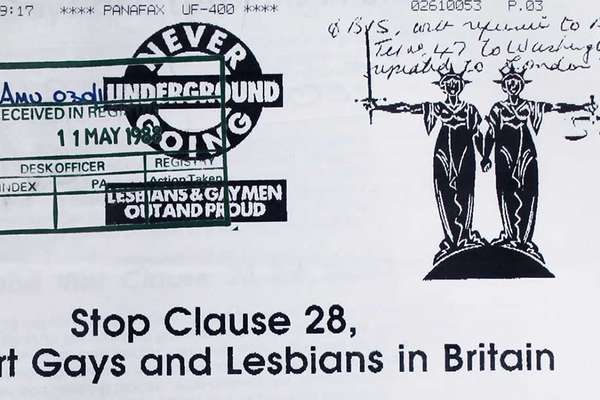
Section 28 of the 1988 Local Government Act negatively affected LGBTQ+ lives for decades. How did such a seismic piece of legislation come about?
Record revealed
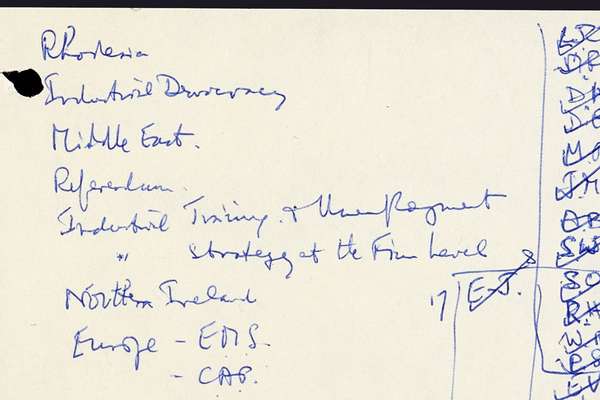
These handwritten pages offer a window onto a Prime Minister’s thinking about the issues of the day. In 1978, they ranged from education to the environment.
The story of
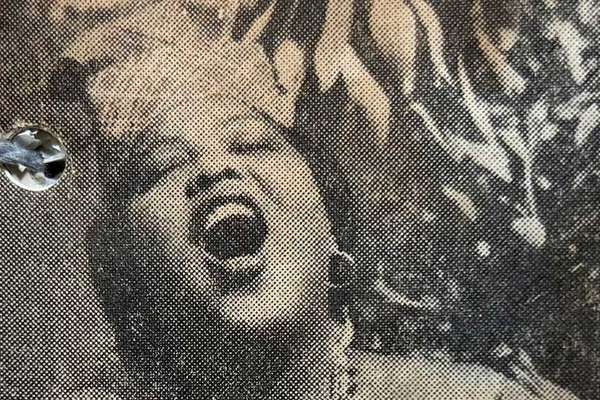
Described by the Birmingham Post as the ‘queen of Jamaican theatre’, Louise Bennett-Coverley (1919–2006) was a poet, performer, folklorist, writer and educator.
Record revealed
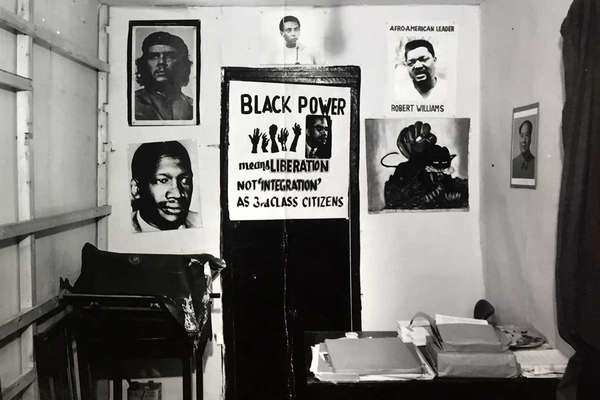
These photographs, captured through police investigations, give a unique insight into the heart of the early British Black Panther movement.
The story of
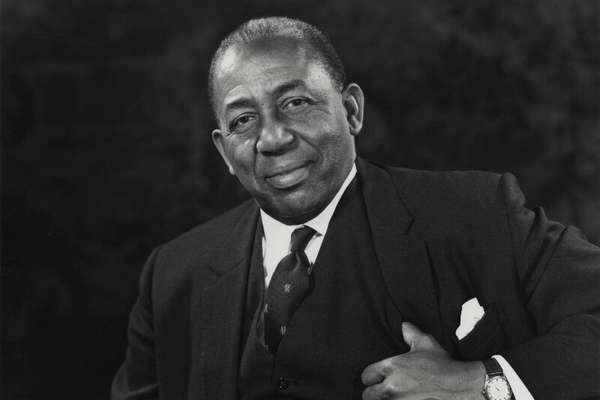
Sir Learie Constantine (1901–1971) was a renowned cricketer, author, politician and persistent campaigner for racial equality and justice.
The story of

The Imperial Typewriters dispute in Leicester saw over 500 workers, largely from South Asia, go on strike over discrimination in 1974.
The story of
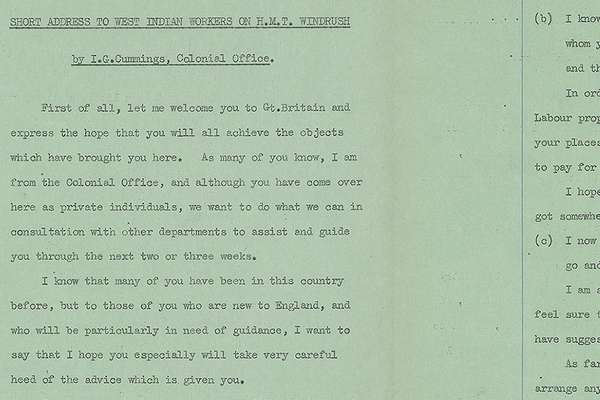
Ivor Cummings (1913–1992) greeted the iconic arrival of the Empire Windrush at Tilbury in 1948. He became known as the 'gay father of the Windrush generation'.
The story of
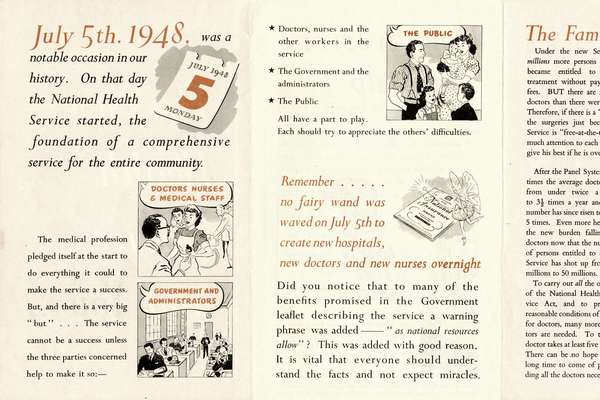
Explore the foundations of the NHS, one of Britain's most well-known and loved institutions.
The story of

The National Archives has a wealth of documents, photographs and art work collected during the planning and running of the influential 1951 Festival of Britain.
The story of
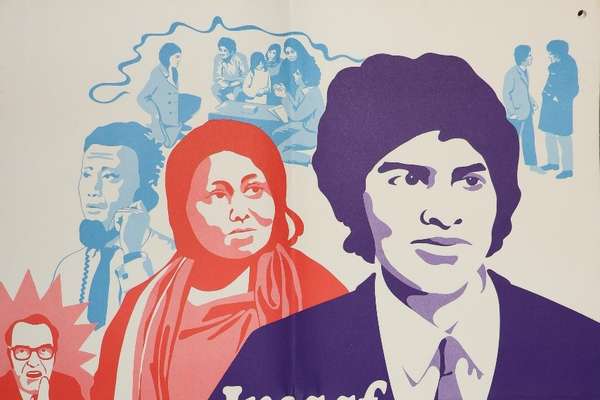
Insaaf was a film made by the government, filmed partly in Urdu, to promote employment rights under the 1968 Race Relations Act.
The story of
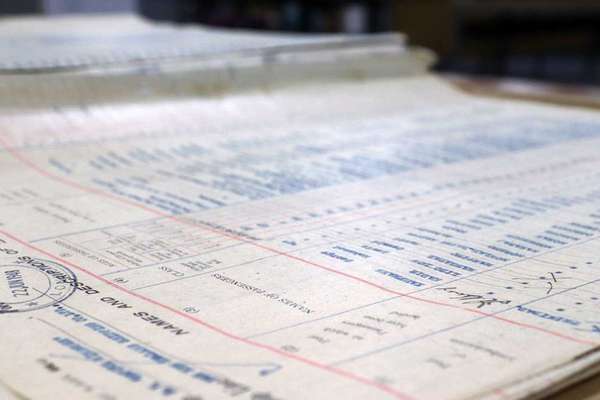
Passenger lists for the ships that carried post-war migrants from the Caribbean to Britain can be crucial resources for people tracing their family history.
The story of
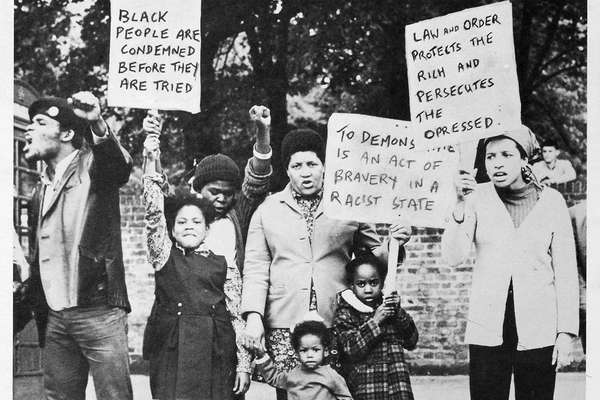
The trial of nine black protestors who were arrested while demonstrating in Notting Hill in the early 1970s became a public platform to criticise police racism.